I currently have two tables, "tc_services" and "tc_users" which both have a "USER_ID" field and "BILLING_ID" field. I need to query these together, finding any results where...
A) "tc_services" does not have a "BILLING_ID"
B) "tc_users" does not contain a "USER_ID" that matches that of the coorelating "tc_services"
I am trying to put together a JOIN query statement such as the following but not able to figure it out so far. Any help would be appreciated!
SELECT *
FROM tc_services AS services
JOIN tc_users AS users
WHERE services.USER_ID NOT IN users.USER_ID AND services.BILLING_ID = '';

